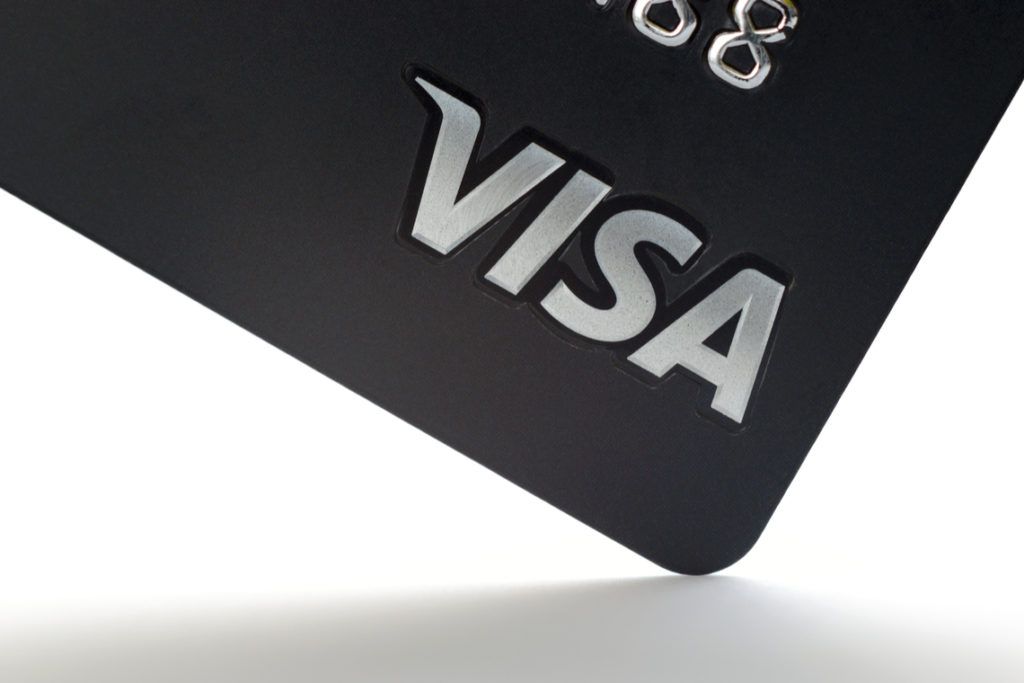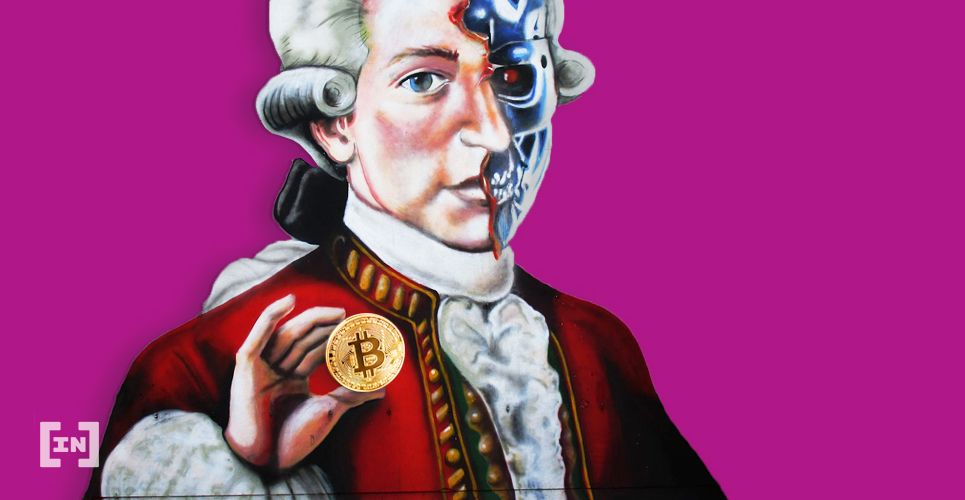The international financial system is tottering. Globalization has linked the economies of the world into an interconnected web of mutually-assured destruction. Banks, seeking preventative measures and potential solutions, have turned to charges on consumers in order to mitigate the coming impact.
Reaganomics — the nickname for the economic stimulus package under Ronald Reagan — was famous for its ‘trickledown’ policy. Reagan believed that if business owners were incentivized to invest and spend, the result would be an increase in middle-class wealth and overall economic stability for the nation.
In a painful reversal of this policy, Visa has announced a dramatic increase in fees for merchant banks. While not a direct charge to consumers, the new policy will increase the costs for merchant banks like JPMorgan and Citibank to process Visa transactions.
Once the fee increase occurs, the banks can choose to absorb the fees or pass them on to merchants. The latter option is almost a certainty when one assumes said banks won’t be willing to eat a reduction in profits. Because margins for most sales are low, merchants will then choose to pass them along to consumers through price increases. Essentially, the fee increases will trickle down to consumers.

Going negative
In a similar piece of news, the International Monetary Fund (IMF) is now analyzing potential ways to reduce interest rates below zero. Simply put, negative interest rates would mean that consumers would be charged to keep money in the bank. The stated goal is to move liquidity into the market by making it costly to keep money in the bank. The most likely method suggested has been to create dual currencies in order to reduce overall cash in the marketplace. Electronic funds controlled by a central bank can be controlled with interest rate changes, but cash cannot. By moving cash out of the system, central banks can control the amount of interest charged without the freedom that cash provides.
‘Bitcoinization’ backlash
Taken together, these two data points indicate that the movement of the global financial market is toward consumer cost. Whether choosing to use Visa or keep money in the bank, the global financial stress is ultimately coming to roost in the wallets of consumers. However, as the market moves to charge consumers in ever-changing ways, consumers have a secondary option for payments — Bitcoin (BTC). While Bitcoin charges fees for transactions, they are mathematically determined, rather than arbitrary. Further, coins can be held forever without charges of any kind.As the legacy banking system continues to drive headfirst towards yet another financial recession (or outright collapse), Bitcoin HODLers have a stunning opportunity to simply sit back and watch the market change. With a combined store of value and liquidity proposition, Bitcoin shields consumers from these impacts. In a simple calculation, consumers that hold Bitcoin have a dual benefit.Just sit back and #HODL. The banks will take care of #hyperbitcoinization for us. 😎 https://t.co/Id3ArdjFO1
— Samson Mow (@Excellion) February 17, 2019
- Firstly, they are hedged against inflation. Regardless of how much the market inflates, Bitcoin remains a decentralized and hard-capped currency, meaning that it is independent of inflationary pressures.
- Secondly, Bitcoin holders are protected against anti-consumer market policies. Increasing fees and negative interest rates cannot affect Bitcoin. Because it functions with the liquidity of cash, and because it is decentralized, it provides a method of transaction that fixes fees and guards against negative interest rates.
Disclaimer
In adherence to the Trust Project guidelines, BeInCrypto is committed to unbiased, transparent reporting. This news article aims to provide accurate, timely information. However, readers are advised to verify facts independently and consult with a professional before making any decisions based on this content. Please note that our Terms and Conditions, Privacy Policy, and Disclaimers have been updated.

Jon Buck
With a background in science and writing, Jon's cryptophile days started in 2011 when he first heard about Bitcoin. Since then he's been learning, investing, and writing about cryptocurrencies and blockchain technology for some of the biggest publications and ICOs in the industry. After a brief stint in India, he and his family live in southern CA.
With a background in science and writing, Jon's cryptophile days started in 2011 when he first heard about Bitcoin. Since then he's been learning, investing, and writing about cryptocurrencies and blockchain technology for some of the biggest publications and ICOs in the industry. After a brief stint in India, he and his family live in southern CA.
READ FULL BIO
Sponsored
Sponsored

